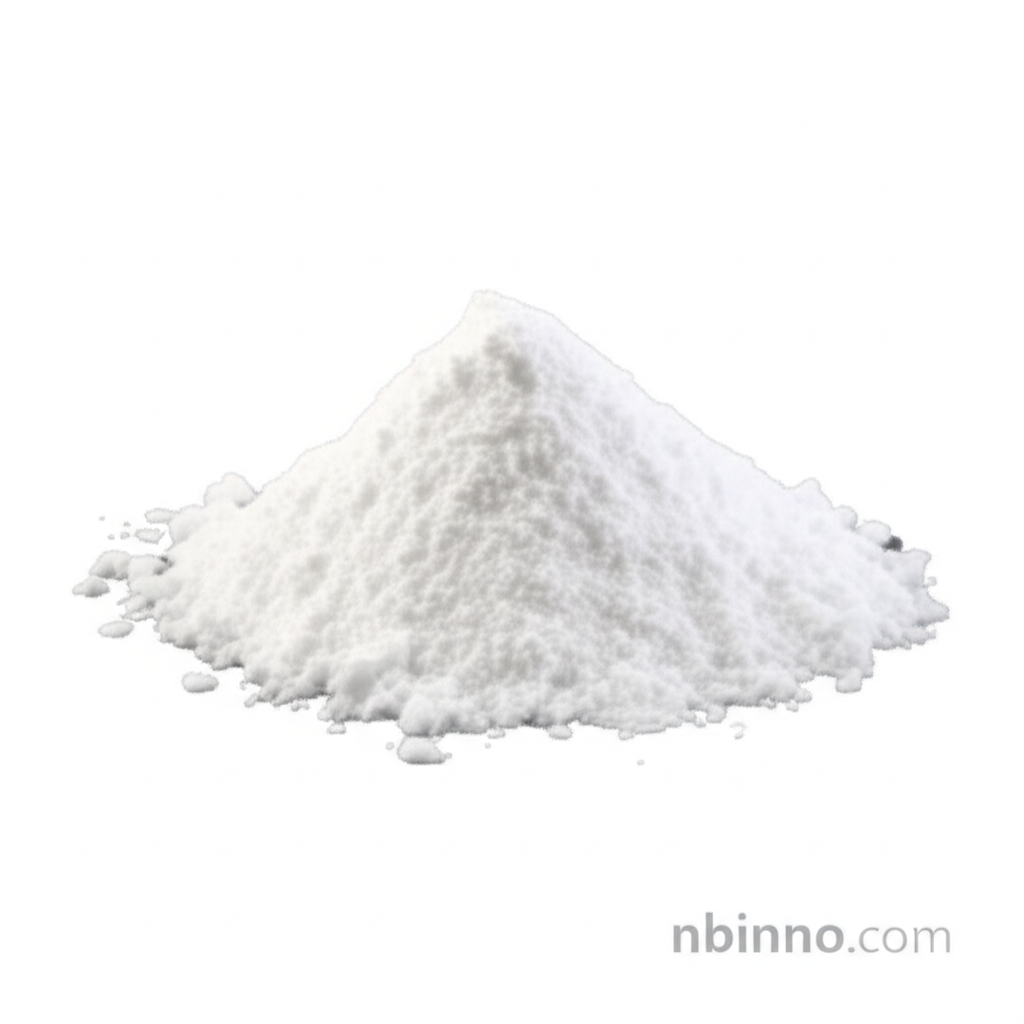Sirolimus/Rapamycin Powder: A Comprehensive Guide
Explore the vital role of Sirolimus (Rapamycin) in medicine, from organ transplantation to advanced therapeutic applications.
Get a Quote & SampleProduct Core Value

Sirolimus / Rapamycin Powder
Sirolimus, also known as Rapamycin, is a powerful macrolide compound derived from the bacterium Streptomyces hygroscopicus. Its unique ability to inhibit the mammalian target of rapamycin (mTOR) pathway makes it invaluable in various medical applications, including preventing organ transplant rejection, treating specific rare diseases, and advancing cardiovascular therapies.
- Leveraging Sirolimus powder benefits, this compound is crucial for post-transplant care, significantly reducing the risk of organ rejection.
- Discover the potent Rapamycin immunosuppressant properties that make it a cornerstone in managing complex medical conditions.
- Learn about the detailed Rapamycin mechanism of action, which involves inhibiting cell growth and proliferation pathways.
- Understand the critical Sirolimus drug interactions and potential side effects to ensure safe and effective usage.
Key Advantages
Transplant Success
One of the primary advantages of using Sirolimus powder is its effectiveness in preventing organ transplant rejection, contributing to better patient outcomes and long-term graft survival.
Disease Treatment
For patients with lymphangioleiomyomatosis (LAM), a rare lung disease, Sirolimus offers a targeted treatment option, improving quality of life and slowing disease progression.
Cardiovascular Innovation
The application of Sirolimus in coating coronary stents demonstrates its antiproliferative effects, successfully inhibiting restenosis and improving cardiovascular health outcomes.
Key Applications
Organ Transplantation
A key application of Sirolimus powder is its use in preventing the immune system from rejecting transplanted organs, particularly kidneys, often in combination with other medications.
Lymphangioleiomyomatosis (LAM)
Sirolimus is approved for treating LAM, a rare progressive lung disease, by targeting the aberrant cell growth pathways involved.
Coronary Stent Coating
Its antiproliferative properties are utilized in drug-eluting stents to prevent restenosis in coronary arteries, enhancing cardiac treatment efficacy.
Vascular Malformations & Angiofibromas
Sirolimus is also used to manage vascular malformations and is approved for topical treatment of facial angiofibromas associated with tuberous sclerosis complex.
